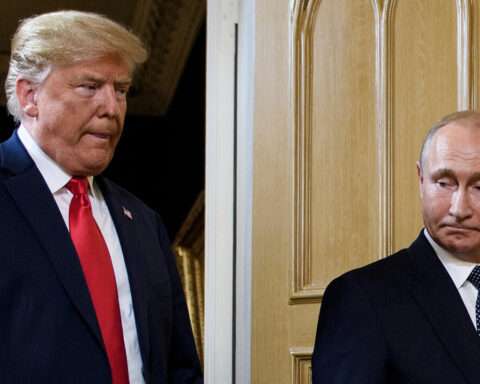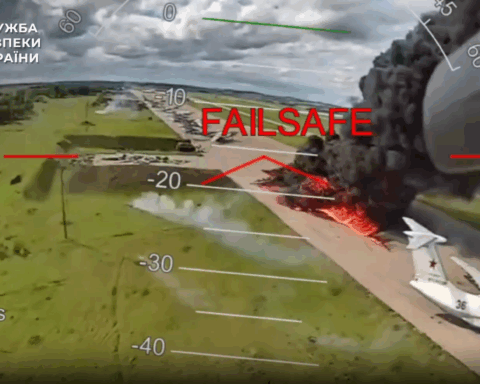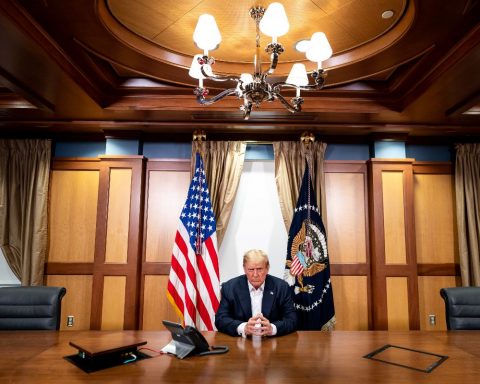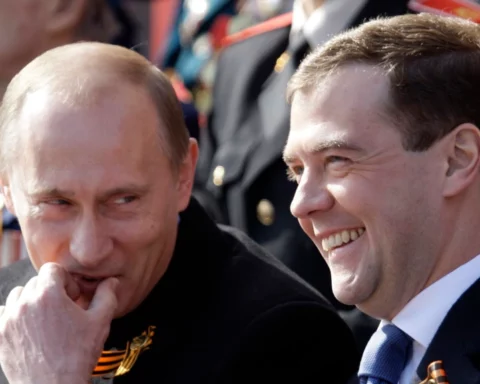The UN has helped tens of thousands of Ukrainian refugees to cross into Poland and other neighbouring countries. Chris Melzer, spokesperson for the UN refugee agency (UNHCR) in Germany, told UN News that he has witnessed many traumatic scenes, of families ripped apart by the crisis.
“I have witnessed many difficult things since this conflict began. I saw tens of thousands of refugees and around 90 per cent of them were women and children. Their tales are very similar, of being woken up by the sounds of bombs and grenades, grabbing some belongings like their passports, maybe a little money, or a plush animal for the children.
One of them, a little girl called Paulina, had a little fox. She hugged the toy as if it was the most precious thing in the world.
At the peak, around 140,000 people were crossing into Poland every day. The figure has dropped, but there are still so many people seeking protection in Poland.
We’re present at the borders with Ukraine, where we are monitoring the situation, helping the authorities and the NGOs working there. We talk with border guards. we are talking with volunteers with NGOs, with the government. And first and foremost, we listen to the refugees.
Very often they had to wait for days at the border, especially during the first ten days, many of them sitting in unheated cars in freezing temperatures, around minus five degrees Celsius.
Many others arrived by bus or train, and then they had to walk several kilometres to the border. I saw families arrive at the border, and then the father would hug his wife, hug his children, and then go back to Kyiv, or wherever he came from. These were heart-breaking scenes. © UNHCR/Chris MelzerRefugees from Ukraine enter Poland at the Medyka border crossing.
© UNHCR/Chris MelzerRefugees from Ukraine enter Poland at the Medyka border crossing.
‘I miss my daddy’
When I spoke to the refugees, the most common question I heard from the mothers was “when can we go home”. And the children would say “I miss my daddy so much”. That was very difficult to hear.
Once the refugees have crossed the border, they go to one of the reception centres at the crossing points, where they can find some food, a bed, and usually an internet connection so that they contact their loved ones. The centres are usually in schools or sports halls, but at least it’s warm.
From there, they try to find something to stay for a couple of weeks. Most stay in Poland, but others head to other countries, such as Germany.
It’s important for other countries to share the burden, rather than leaving Poland and other countries near Ukraine, such as Romania, Moldova and Slovakia, to cope: this is a European and international crisis. The good news is that we are seeing other European Union countries willing to help. Chris Melzer/Chris WolfUNCHR senior spokesperson Chris MelzerUNCHR senior spokesperson Chris Melzer, ©Chris Melzer
Chris Melzer/Chris WolfUNCHR senior spokesperson Chris MelzerUNCHR senior spokesperson Chris Melzer, ©Chris Melzer
How to help Ukrainian refugees
I am impressed by the solidarity of volunteers and local organizations that are providing food, transport and accommodation.
However, I would ask that individuals contact an NGO, or even better the authorities in their country if they want to do something, because their help will be much more coordinated and efficient.
For example, we work with the Red Cross in Poland and Ukraine, as well as other NGOs who are doing a great job. We couldn’t do our work without them.
The fastest and most efficient way to help is by donating money. People can also open their doors to refugees. Doing so would be one of the most important experiences in your lives.
More than two million Ukrainian refugees in about two weeks. is unprecedented. It’s a huge challenge but the solidarity seen in so many countries has been enormous, so I’m confident that we will cope.
Reminder of dark times in Europe
When I saw these people I was reminded of my mother. She was nine years old in 1945, when she had to flee the Second World War. She is now 86, and she’s been sitting in front of the TV for sixteen, eighteen hours per day for the last two weeks, absolutely shocked, seeing her childhood suddenly in full HD and colour again here.
She’s been crying the whole day, and she asks me, when will it stop, how can it stop. And I have no idea. I have no answer to that.” © UNHCR/Chris MelzerDonations of clothing, shoes, toys and other basic items provided by Polish citizens for refugees arriving from Ukraine at the Medyka border crossing.
© UNHCR/Chris MelzerDonations of clothing, shoes, toys and other basic items provided by Polish citizens for refugees arriving from Ukraine at the Medyka border crossing.






